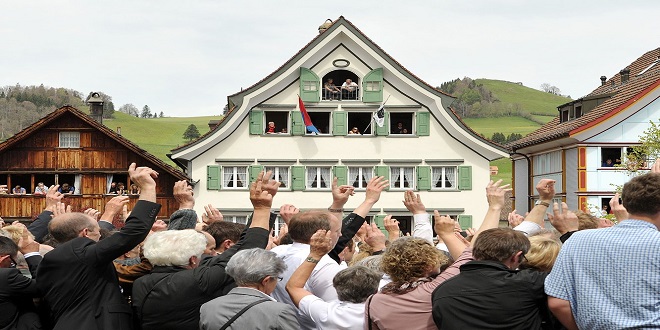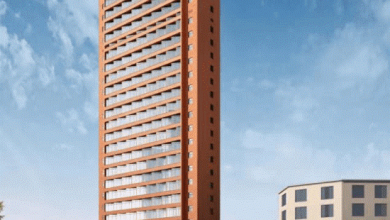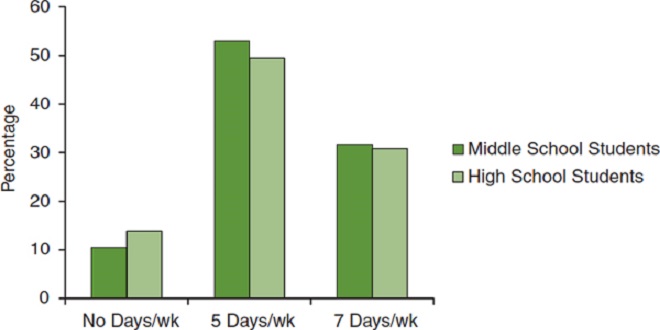The Necessity of a Democratic he Necessity of a Democratic System

Why is a democratic system necessary?
Today, many more countries in the world are marching on the road to Democracy than ever before. This is also the case in Africa, where many more countries try to exercise democratic systems. A democratic system creates political, economic, and cultural equality. It upholds the rule of law, human rights, and freedom. These are necessary for individual and societal development. Above all, a democratic system upholds constitutionalism as a state ethos. This is so because constitutionalism is the lifeline of Democracy. Democracy is practiced in two ways: direct and indirect. Direct Democracy is an ancient form that still works among communities of a small size. Today, it can be practiced when political groups or communities request a referendum.
A democratic system runs in three ways —Parliamentary, Presidential, and Combined Parliamentary and Presidential Democracy. A Prime Minister leads a Parliamentary Democracy. They are appointed by the winning party and must be a Member of Parliament. The Prime Minister leads the Executive Branch of government and, at the same time, is a member of the Legislative Branch. For some, Parliamentary Democracy weakens adequate checks and balances between the three branches of government. For others, enacting laws is much easier under a Parliamentary Democracy. Britain is an excellent example of Parliamentary Democracy.
A President leads a Presidential Democracy. Under Presidential Democracy, the people choose their representatives and the President separately. The President heads the Executive Branch, and the representatives run the Legislative Branch of government. In this system, the branches of government function independently.
Moreover, although the President can make treaties with other countries, if the Senate disagrees, he has to change his action until it is approved. He can also refuse to sign a bill that has been passed by both houses (Senate and House of Representatives) but must explain why before the bill is returned for a further vote in each place. A majority vote in both houses will ensure the bill becomes law, even if the President disapproves.
US system of Presidential Democracy
The third system is called combined Parliamentary and Presidential Democracy. This is the hybrid of the first two. Through a separate process, the people elect the President in this system. The members of the legislature are elected by another method. Being a Member of Parliament, the prime minister is selected from the winning party. The President is head of state with defined power and authority. The Prime Minister is the head of government and works under close supervision of the President. France exemplifies the hybrid system of Democracy.
Summary
Today, many more countries in the world are exercising Democracy. A democratic system creates political, economic, and cultural equality. A democratic system upholds constitutionalism. Under a Presidential Democracy, checks and balances are implemented more effectively than in a Parliamentary Democracy. Enacting laws is more accessible under Parliamentary Democracy.





